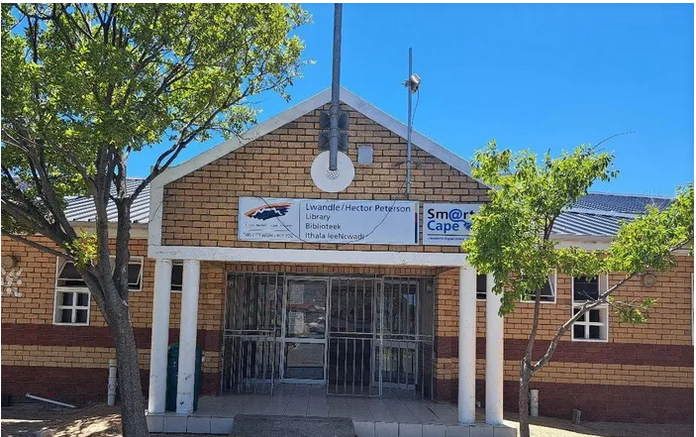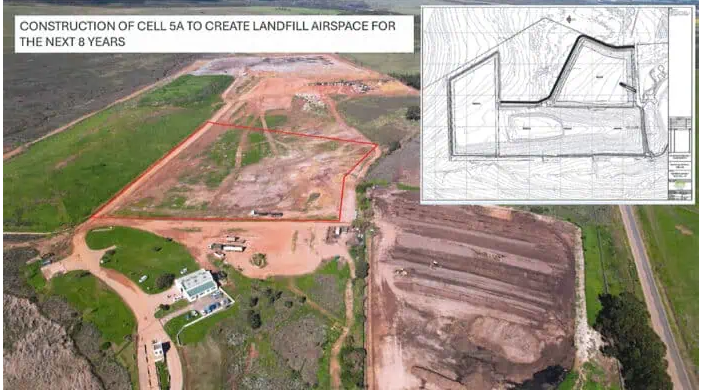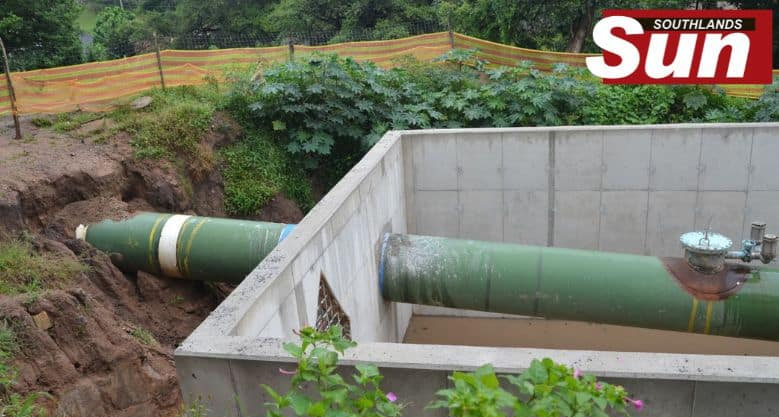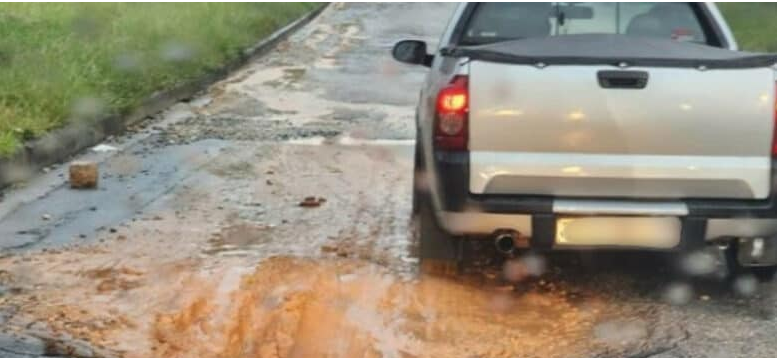Is the ‘construction mafia’ battle being won?
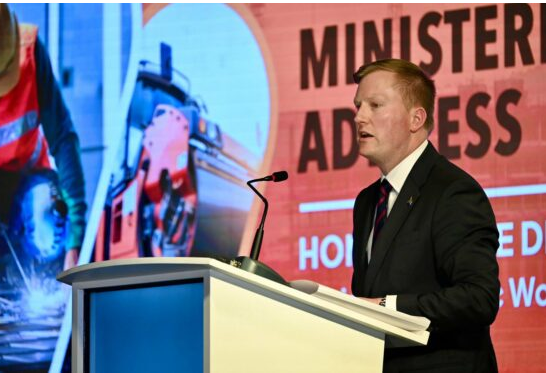
Advertising
14-11-2025
Read : 179 times
Moneyweb
Source
Coordinated action in hotspots like KwaZulu-Natal has reduced site disruptions dramatically.
The government and the construction industry appear to be starting to win the battle against the so-called “construction mafia”.
Minister of Public Works and Infrastructure Dean Macpherson said on Thursday 241 arrests were made and 176 individuals convicted for more than 770 cases of construction-related extortion and intimidation reported in the past year.
Macpherson told the National Construction Summit that this is not “just progress on paper” but a reflection of the determination “to dismantle organised criminal networks from extorting the industry any longer”.
President Cyril Ramaphosa told the summit that government has “declared war on the construction mafias” and assured industry stakeholders that the “construction mafia” will not derail the summit’s purpose to ensure that infrastructure investments and reforms turn the country into a building site.
“We will not negotiate with construction mafias. We will not yield to the cable thieves or those who vandalise infrastructure,” Ramaphosa said.
KZN successes
According to Macpherson, in KwaZulu-Natal, considered the hotspot for construction mafia-related activity, there has been a large drop in monthly site disruptions – from more than 60 incidents a month last year to less than 10 per month today.
“This was due to the coordinated action we have taken with the police, business, and our public entities,” he said.
“We have established dedicated hotlines for communities to report construction stoppages as and when they happen, and we worked closely with construction companies in a bid to restore the rule of law.
“The South African Police Service [SAPS] and the Private Security Industry Regulatory Authority are now working together to dismantle these criminal networks.”
The successes achieved against the construction mafia follow the signing of the Durban Declaration with the SAPS and National Treasury at the inaugural National Construction Summit in Durban in November last year.
Macpherson said the declaration was government’s “line in the sand, a commitment to restore law and order to construction sites and end the reign of terror that was choking off investment, delaying delivery, and putting lives at risk”.
Industry recovery
Ramaphosa said the beginning of the recovery and upswing in the construction industry is evident in the employment figures released by Statistics SA earlier this week – with the Quarterly Labour Force Survey indicating a decrease in the official unemployment rate from 33.2% in Q2 to 31.9% in Q3.
Employment increased by 248 000 in the third quarter, with construction being the biggest contributor with 130 000 new jobs created, he said.
Macpherson said the recovery of the construction industry is “no coincidence” and is a direct result of the reforms, partnerships and determination that government is bringing to this industry.
He said that since the Durban Summit, efforts have been made to address the structural issues that leave projects vulnerable from unclear regulations to weak community engagement and poor project preparation.
‘Game changer’ coming
Macpherson said this is why government is finalising the Integrated Social Facilitation Framework, which will be a game changer for how engagement and partnering with local communities happens “before a shovel even hits the ground”.
He said it will mean that local communities not only become meaningful participants in government projects, “but our first line of defence against those that seek to disrupt our progress”.
“This is also why we’ve revitalised the [Construction Industry Development Board] CIDB’s National Contractor Development Framework to help emerging contractors enter the formal system with better support and compliance, including supporting the B.U.I.L.D programme through a record-breaking R300 million budget allocation.”
Macpherson acknowledged that more needs to be done to ensure the private sector has confidence in the public sector’s construction pipeline to partner with government and invest in South Africa’s infrastructure future, while government must ensure that public building projects are completed on time and within budget.
He recognised that contractors have borne the brunt of government’s failure of paying on time or being stuck in endless approval loops.
Fixing what’s broken
Macpherson said this is why a South African Construction Action Plan (SACAP) was adopted at a special meeting last month by himself and MECs for public works and infrastructure from all nine provinces to fix what is broken in public sector infrastructure delivery.
Ramaphosa said SACAP is a framework for collective and individual accountability, a plan that sets measurable targets, real timelines and enforceable consequences.
He said the plan outlines actions to prevent underperforming contractors from securing new contracts from the state, aims to fix cash-flow constraints, as well as use technology to track construction projects in real time.
“Every public works department will establish a Procurement War Room to identify blockages, speed up evaluations and ensure that projects move from bid to site without unnecessary delay.
“The plan includes actions to strengthen audit and governance outcomes and professionalise the built environment in the public sector.
“In essence, this plan will ensure that projects are started and completed on time, within budget, and with no wastage,” he said.
CIDB CEO Bongani Dladla said the number of projects that are incomplete and delayed is a challenge, which is well-known to everyone at the summit.
Dladla said it emerged when the CIDB was doing an analysis with the Auditor-General that as much as 60% to 70% of public projects are not considered to be successful, in the sense that they either were delayed or had significant overruns, or there were some compromises around quality.
“This summit aims to look at that … and help craft those actions that will be catalytic,” he said.
Recent News
Here are recent news articles from the Building and Construction Industry.
Have you signed up for your free copy yet?
